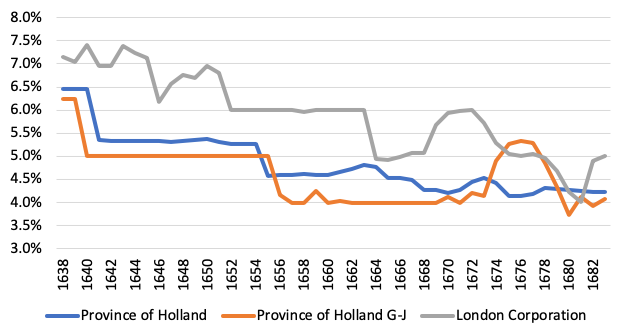Martin Feldstein, who passed away in June 2019, was one of the most important applied economists of the last half-century. This column, by two of his students and close colleagues, celebrates his intellectual legacy, outlining his seminal contributions on a wide range of topics in public economics and beyond, his pioneering use of large data sets, and his influential voice in US public policy over many decades. As president of the National Bureau of Economic Research for nearly 30 years, Feldstein advanced the conduct and dissemination of economic research, and helped to create the modern economics profession.
……
There is no ‘Feldstein theorem’, ‘Feldstein estimator’, or ‘Feldstein model.’ Inevitably, with the passage of time, the accumulation of new data, and the development of new empirical techniques, Feldstein’s empirical papers are no longer viewed as the state-of-the-art estimates of key effects. Many of the questions he explored, such as the magnitude of the distortions induced by capital income taxation, have been considered in more sophisticated frameworks than those that he employed. Feldstein’s papers are no longer the reading list staples that they were a generation ago.
But in other, perhaps more profound ways, Martin Feldstein leaves behind a deep scholarly legacy. His approach to research has shaped not just our own, but that of many other scholars. We learned from him to “be about the economy, not the economics literature”.
Feldstein conveyed to his students and the profession the idea that “no single parameter estimate will change anybody’s mind about anything. To be convincing, an empirical conclusion has to emerge from multiple approaches and multiple data sets.”
Closely related was his emphasis on the importance of new information in gaining new insights. Most of his research papers involved the construction of new variables, the use of previously unexploited data, or the measurement of previously unmeasured effects.
Feldstein was a key figure in the change in the way economists viewed the economy that took place during the 1970s, and which found its political expression in the Reagan and Thatcher revolutions of the 1980s.
When Feldstein entered the economics profession, economists generally believed that government programmes had large income effects and small incentive effects, that stabilisation of business cycles was the principal macroeconomic task of government, that efficiency losses from tax distortions were small, and that accepting higher inflation in order to reduce unemployment was prudent in many circumstances.
Many factors – including, importantly, Feldstein’s research and advocacy – contributed to moving that post-war Keynesian belief system out of fashion. The counter-revolutions of today – calling for expanded benefits, larger deficits, and higher taxes – are a testimony to the enduring influence of Feldstein’s work.
Hmm..








